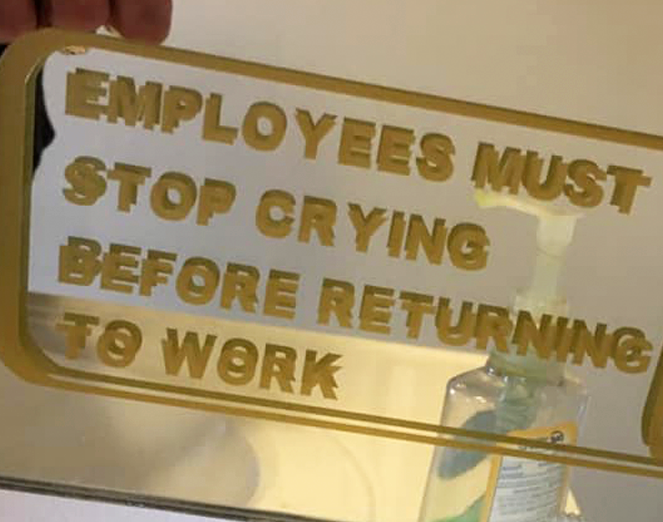Nauru is the “world’s richest little isle,” the New York Times proclaimed in 1982, the result of a decadeslong mining rush for the island’s phosphate bounty. But once the mining boom went bust, so too did the money—setting Nauru on a quest for cash that has seen it launder money for the Russian mafia; effectively imprison refugees seeking asylum in Australia; and, most recently, abandon its long-standing Taiwan ties for Beijing.
None has quite done the trick. Now, Nauru is making one of its most controversial bets yet: mining the seafloor for the mineral treasures powering the global energy transition. It’s a move that has sparked alarm and suspicion, given the island’s checkered history. Yet the many contradictions of Nauru’s path here are as much a twisted tale of exploitation and extraction as they are a story of what one nation will do to survive.


Nations were a mistake.
Everyone is scared of “one world government” but lets be fucking real, it would solve a lot of problems like this, where small nations with almost no resources basically have to strip mine their entire country to the bone and then have to haggle and make deals with dictators just to stay alive.
No, this is really bad for the entire planet. There are plenty of small nations like this, whose natural resources are exploited by so-called “first-world” nations who only have a higher quality of living simply because they’ve completely exploited the natural resources of small countries like this.
This is the endgame of what started as UK colonialism, and now continues on as US colonialism. The “high quality of life” you see in those nations is only achievable by deeply exploiting poorer nations. USA has a long, sordid history of keeping South America down so they can continue to use it for cheap manufacturing and labor.